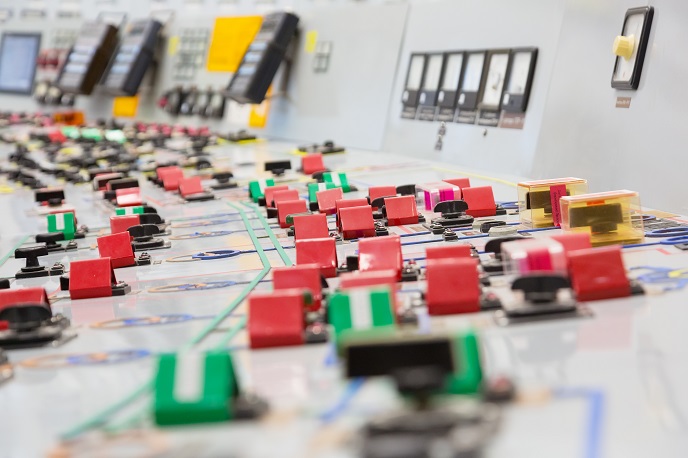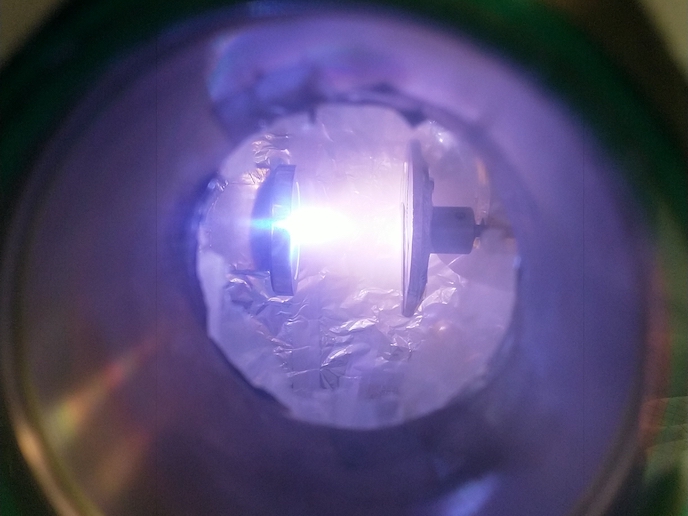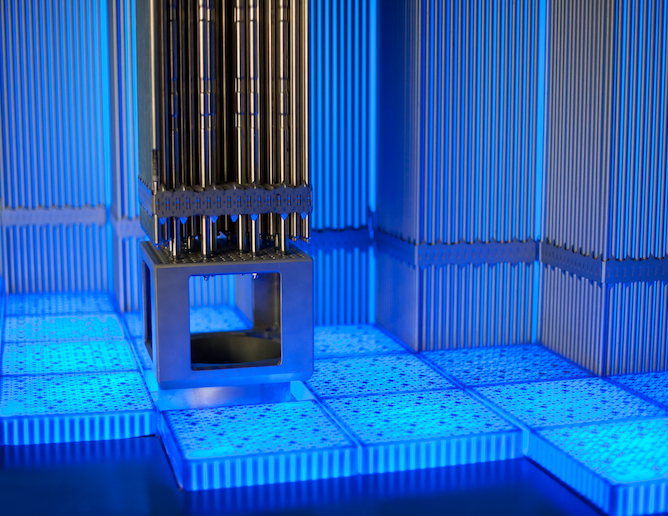A fresh start for Baltic cooperation in nuclear energy production
The project’s primary goal was to lay the groundwork for successful implementation of nuclear power plant projects in the Baltic Region. It did so in two key steps. First, the consortium compiled information on experimental facilities, equipment, software, energy infrastructure, fuel cycle infrastructure, radioactive waste management and disposal options, as well as industry players which could be involved in the implementation of nuclear power projects. Then, it highlighted means to increase cooperation. “We know that each partner country has strengths in specific areas, and the project definitely helped shed light on those. However, there is currently a lack of cooperation that prevents stakeholders from using the full nuclear energy potential of the region,” says Dr Egidijus Urbonavicius, coordinator of BRILLIANT (Baltic Region Initiative for Long Lasting InnovAtive Nuclear Technologies) on behalf of the Lithuanian Energy Institute. Overcoming barriers… Several barriers to nuclear power development in the region were identified by the project consortium. These include: inadequate and dispersed nuclear research infrastructure and competence; a lack of justification for autonomous handling of nuclear wastes; relatively small power systems; low security of energy supply; a basic technical level of heavy industry; and a diminishing number of qualified workers. A lack of public awareness and the aggressiveness of the coal lobby in Poland are also to blame for the lack of nuclear energy programmes in the Baltic Region. Dr Urbonavicius is convinced that all these barriers could be easier to overcome with proper regional cooperation. The first steps towards integration were already taken in 2015, when two electricity cables were completed to link the Lithuanian grid to the Swedish and Polish ones. Likewise, Estonia is already connected to the Finnish grid via two dedicated cables. BRILLIANT went a step further by initiating close cooperation between the main research centres in the region: LEI and FTMC in Lithuania, NCBJ in Poland, Tartu University in Estonia, the University of Latvia and KTH in Sweden. For three years, these actors have shared knowledge, learnt about their strengths and weaknesses, and looked for opportunities to work together and increase their joint competitiveness. “Let’s say we install a high capacity power source in the small grid of a single country: It will take a prominent place in this country, but it might not be competitive with other power sources and negatively impact energy security due to its high impact on the grid,” Dr Urbonavicius explains. “If we take a regional perspective, however, there are many more possibilities for utilising its full potential.” … and addressing political issues Two issues that can’t be resolved by research organisations, however, are the management of used nuclear fuel and radioactive waste, as well as risk sharing of nuclear power plant operations – which need to be dealt with at the political level. Likewise, negative public perceptions remain a problem even in the context of enhanced cooperation. “We approached this problem by organising public events in each country to present our ideas and results, and discuss issues related to nuclear power and energy sector developments in general. These meetings were open to all interested parties. A number of experts also had the opportunity to visit facilities at Oskarshamn in Sweden, which helped overcome the issue of public awareness,” Dr Urbonavicius enthuses. Whilst the future story of nuclear energy in the Baltic Region remains to be written, BRILLIANT undoubtedly provides an excellent starting point for effective cooperation at regional level.







